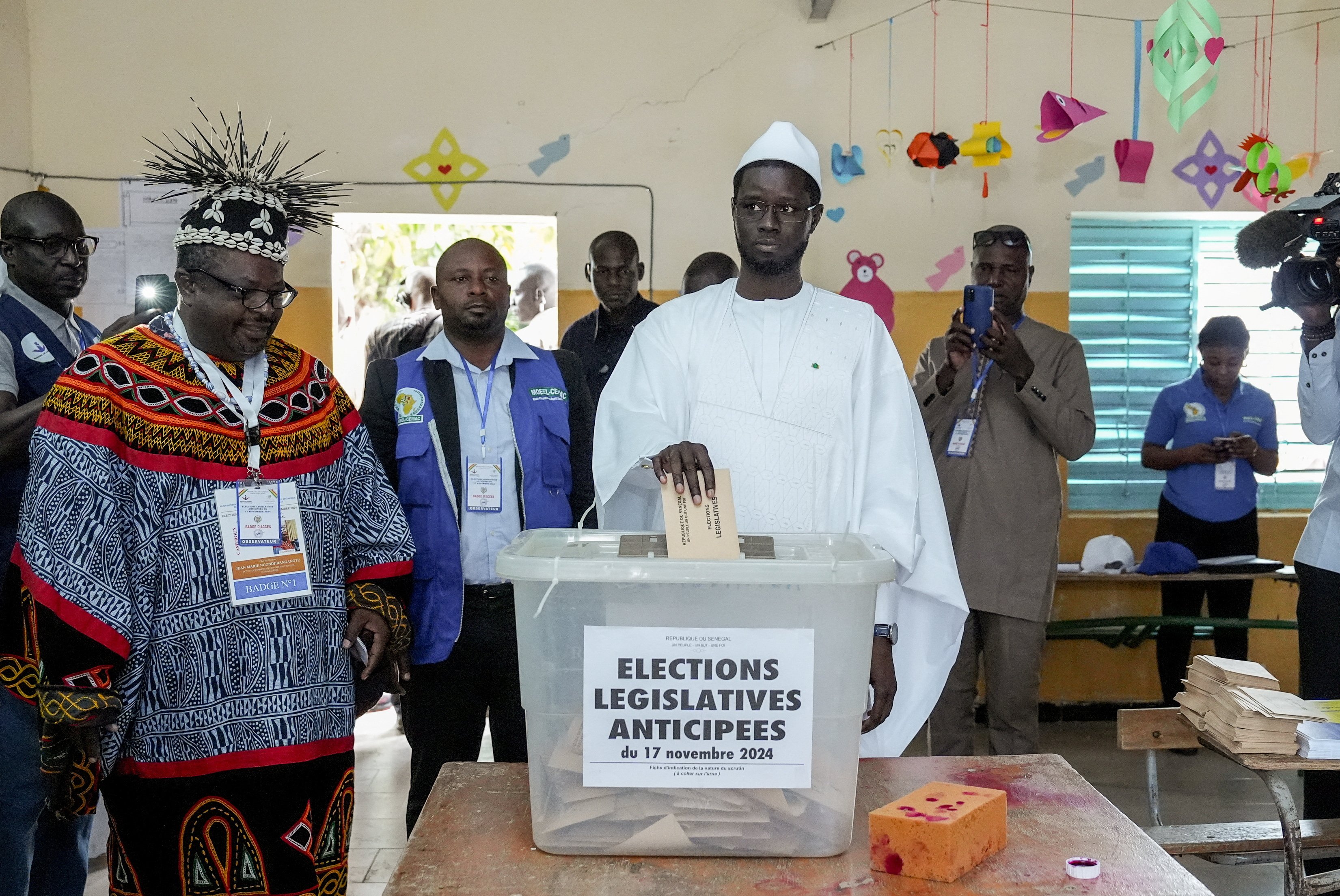Prime
6 of 10 Pallisa pupils drop out of primary school – survey

Pupils attend a lesson in a makeshift classroom at Bumadibira Primary School in Bunywafa Sub-county, Sironko District on June 15, 2019. In Pallisa, majority of children do not complete the primary education cycle. PHOTO | MICHEAL WONIALA
What you need to know:
- Mr Okiror said traditional activities such as rice growing, where children are employed to scare away birds in the gardens, are also the major cause of school dropouts.
A new study has found that only four of 10 pupils in Pallisa District complete primary education cycle.
The study carried out on 75 government-aided schools was conducted by the Citizen Initiative for Democracy and Development-Uganda, a non-governmental organisation.
The survey was conducted between the academic years of 2018 and 2019 in Pallisa District, which has a total of 76 government-aided schools.
According to the findings, 13,317 children were enrolled into primary schools in 2012 but a total of 7,752 did not complete the primary school cycle by 2018, representing 58 per cent dropouts and 42 per cent completion.
The objective of the survey was to determine the enrolment and magnitude of non-completion of the primary education cycle in the district.
The report also indicates that the district is also losing a huge sum of money in terms of Universal Primary Education (UPE) capitation grants due to high school dropouts.
“This implies that for the 7,715 children, who did not complete the primary school cycle, Pallisa District lost a total of Shs93,024,000 over a period under review,” the report reads in part.
Mr Fred Ejautene, the coordinator of the project, said of 58 per cent of the children, who did not complete the primary education, 47 per cent are boys and 53 per cent are girls.
The report further indicates that most sub-counties with higher non-completion rates are Akisim with 78 per cent, Opwateta (72 per cent), Kamuge (68 per cent), Chelekura (67 per cent), Agule (66 per cent), and Kasoda (61 per cent) while those with lower non-completion are Apopong (37 per cent), Pallisa (45 per cent) and Pallisa Town Council (47 per cent).
Mr Ejautene said the district leadership needs to design strategies to reduce the number of school dropouts.
“This will help to provide and maintain quality education as a basis for developing quality human resources, eliminate societal disparities and inequalities as well as enhance fundamental and positive transformation of Pallisa District,” he said.
Mr Francis Okiror, one of the residents, attributed the high rate of school dropouts to poverty, irresponsible parents and deep-rooted negative cultural norms.
Mr Okiror said traditional activities such as rice growing, where children are employed to scare away birds in the gardens, are also the major cause of school dropouts.
“During the rice growing season, many children tend to dodge school and instead prefer to earn a living in rice gardens due to the high levels of poverty,” Mr Okiror said.
Mr Paul Kossa, a resident of Nansenye, Kaucho Ward within Pallisa Town Council, said rampant teenage pregnancies and negative attitude towards education in the communities have worsened the situation.
“The still prevalent negative attitude by parents towards education is the biggest challenge that is crippling the education standards in the district, ”Mr Kossa said.
The Pallisa District chairperson, Mr John Micheal Okurut, said cases of pupils failing to complete their education is due to the high levels of poverty.
“Majority of the parents can’t afford to meet the basic needs of their children while at school,” he said.
Mr Okurut said underage marriage is on the increase because parents marry off their children to get wealth.
“The district has tried to sensitise the communities about the dangers of marrying off their children but the information has not yet trickled into the hearts of our people,” he said.



